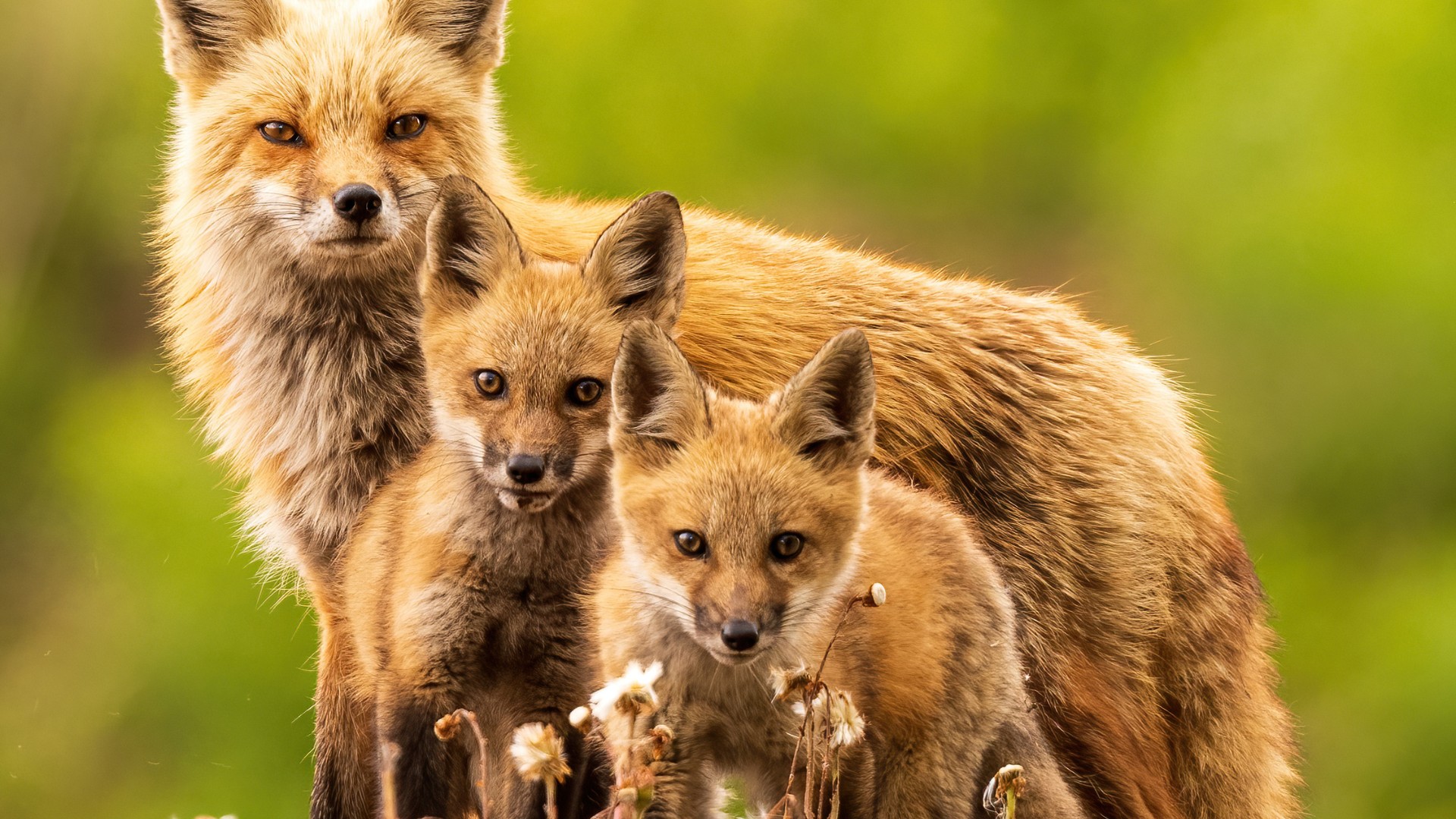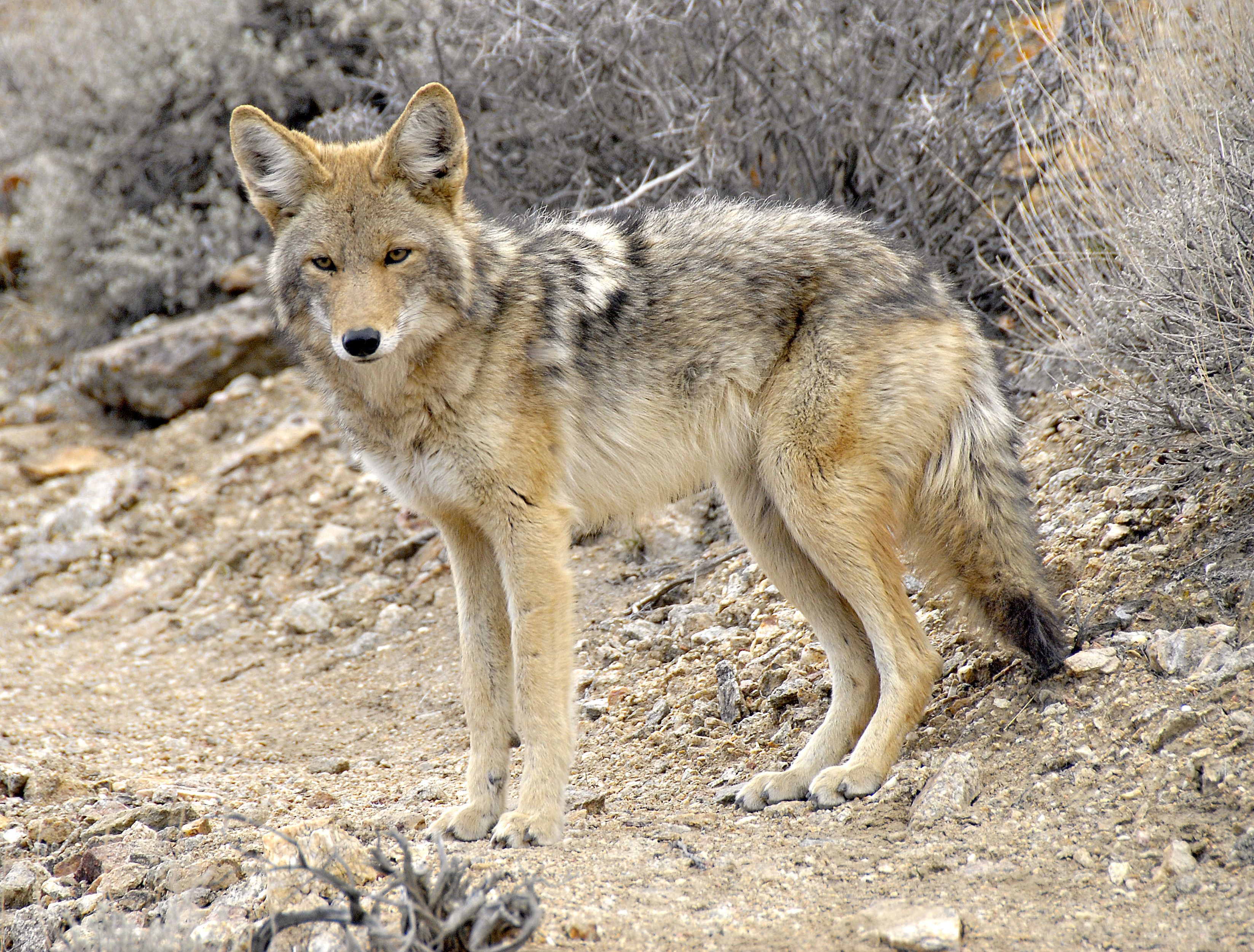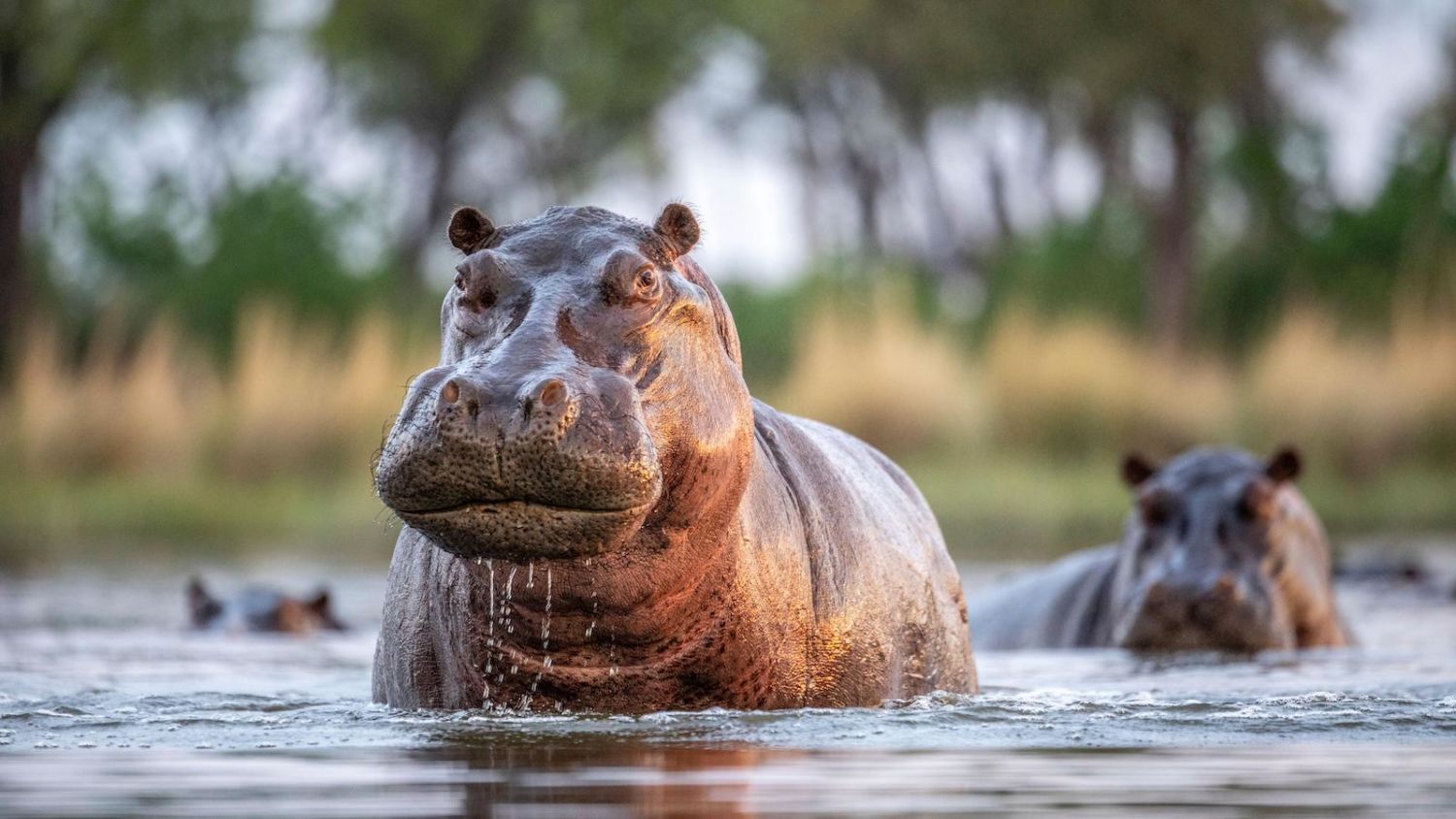Domesticating animals isn’t as simple as taming them; it requires generations of selective breeding. Dogs were domesticated over 30,000 years ago, while cats took about 10,000 years. But not all animals are suitable for domestication, as evidenced by these 15 creatures that left us scratching our heads.
-
Raccoons

Raccoons seem like plausible pets at first glance—manageable size, cute, and dexterous paws. However, their mischief knows no bounds. Unlike social animals, like dogs, raccoons are solitary by nature, making domestication challenging.
-
Foxes

While domesticated foxes exist, they’re a reminder that not all animals are fit for domestic life. Despite efforts in Siberia to breed friendly foxes, they remain wild in behavior and lack basic house manners.
-
Skunks
:quality(80)/granite-web-prod/91/bf/91bfe49c21dc4c7fa7bfe6c22a9e51ca.jpeg)
Domesticated skunks might seem cuddly, but their scent glands are typically removed, leaving them defenseless in the wild. Moreover, they require specialized care and are legal only in select states.
-
Dingoes

Despite resembling dogs, dingoes are wild in temperament, with aggressive tendencies. Attempts at domestication are futile, and raising them as pets requires separating them from their litter early on.
-
Coyotes

Coyotes, close relatives of dogs, could theoretically be domesticated, but their wild nature and potential for interbreeding with dogs make them unsuitable for domestic life.
-
Zebras
:quality(80)/granite-web-prod/54/c7/54c784b88ef44a1ab14a7f08e072e64b.jpeg)
Zebras’ evolution has ingrained a deep fear of humans, making them challenging to domesticate. Their anxious and aggressive behavior outweighs their appeal as exotic pets.
-
Bonobos
:quality(80)/granite-web-prod/ed/f7/edf7b73cdff34fdfa883e1ad6f601d14.jpeg)
While bonobos resemble chimps, they are less aggressive. However, they’re far from suitable pets, with a tendency to bite and illegal status in most places.
-
Chimpanzees

Chimpanzees, despite being close relatives, cannot be fully domesticated. Their wild instincts persist, posing risks as they grow older and stronger.
-
Wallaroos
:quality(80)/granite-web-prod/64/ab/64ab9551499a49bc94801bd5c3bd3114.jpeg)
Wallaroos, smaller versions of kangaroos, require extensive space and care, making them unsuitable for domestic life. Even with permits, they won’t behave like traditional pets.
-
Moose

Domesticating moose is impractical due to their size, unpredictability, and potential for aggression, particularly during mating season.
-
Elephants

While gentle, elephants require extensive training to accept human control, and even then, they retain wild traits. Riding them or keeping them as pets is unethical and impractical.
-
Grizzly Bears

Grizzly bears, despite their cuddly appearance, are wild animals with solitary tendencies. Attempts at domestication have led to tragic outcomes, emphasizing their unsuitability as pets.
-
Alligators

Walking alligators on leashes might seem novel, but it’s ethically questionable and impractical. Even tame alligators retain wild instincts and cannot be released into the wild.
-
Hippos

Hippos are territorial and aggressive, posing significant risks to domestication efforts. Their size and temperament make them unsuitable for captivity.
-
Great White Sharks

Keeping great white sharks in captivity is fraught with challenges, from stress-induced mortality to violent behavior. They’re apex predators best left in the wild.
While the idea of domesticating exotic animals is intriguing, the reality often falls short. These creatures remind us of the fine line between tamed and truly domesticated.


